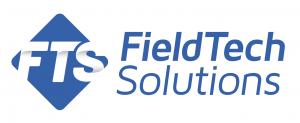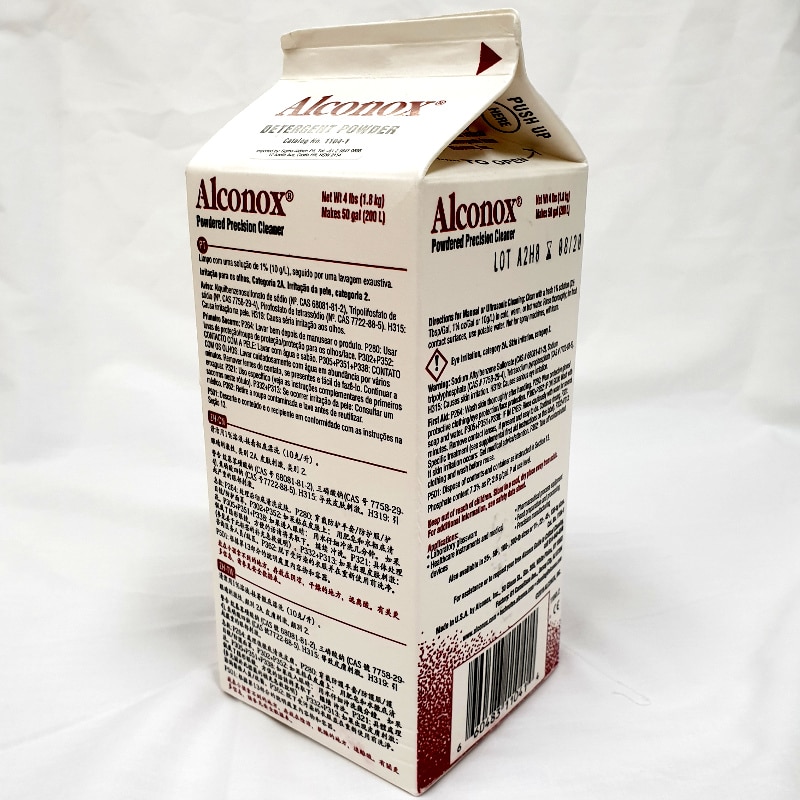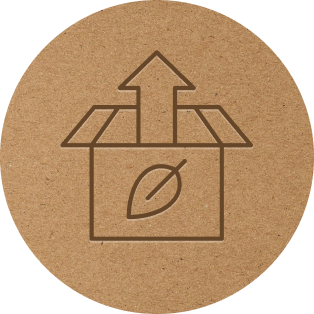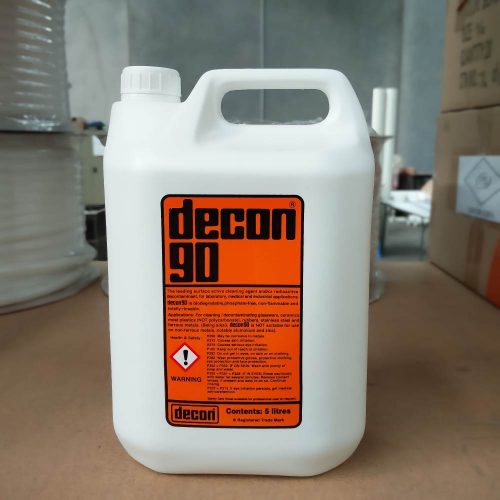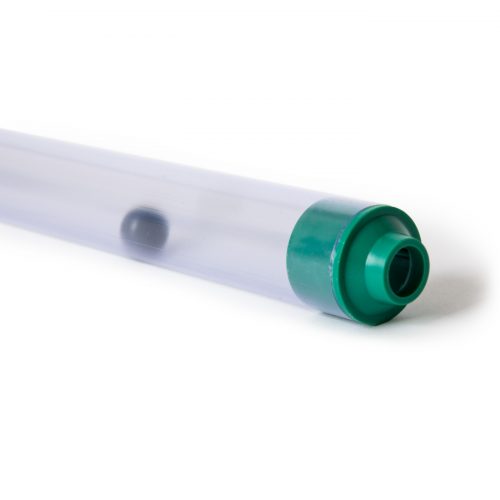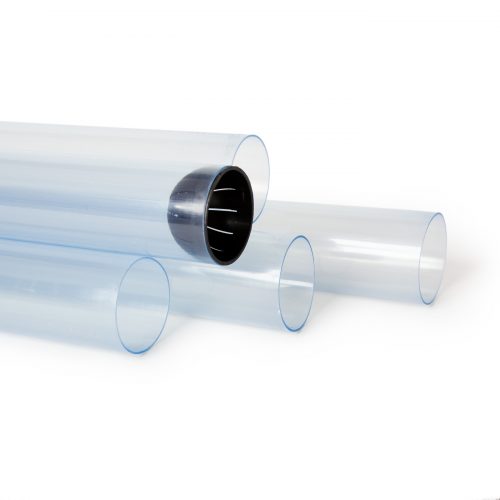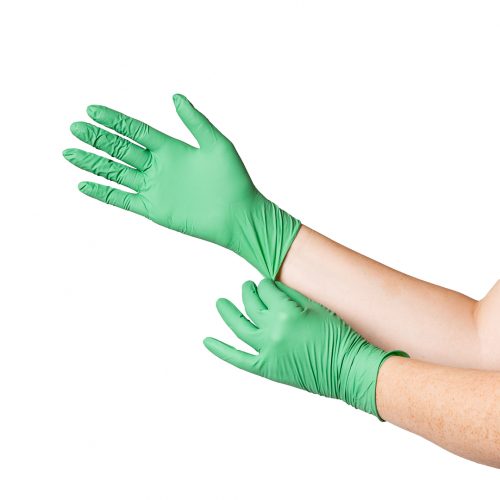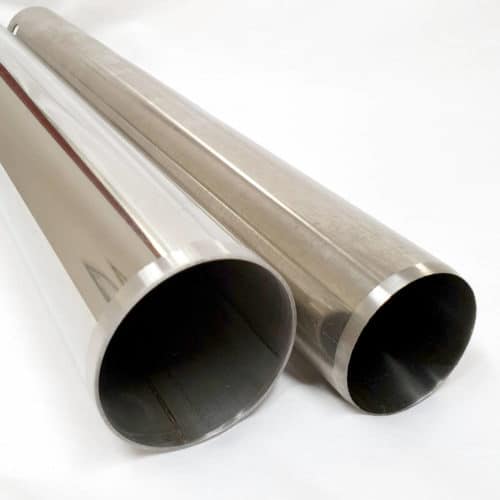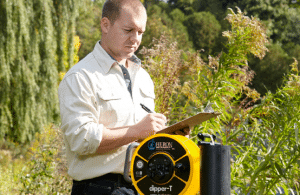Alconox is a concentrated, anionic detergent for manual and ultrasonic cleaning. Free rinsing to give you reliable results without interfering residues. Ideal for cleaning contaminants from glassware, metals, plastics, ceramic, porcelain, rubber and fiberglass. Excellent replacement for corrosive acids and hazardous solvents. FSANZ Authorized. USDA authorized. Dilute 1:100. pH 9.5
Used to clean: Groundwater and Soil Sampling equipment,, Healthcare instruments, laboratory ware, vacuum equipment, tissue culture ware, personal protective equipment, sampling apparatus, catheters, tubing, pipes, radioactive contaminated articles, optical parts, electronic components, pharmaceutical apparatus, cosmetics manufacturing equipment, metal castings, forgings and stampings, industrial parts, tanks and reactors. Authorized by FSANZ and USDA for inspected meat and poultry plants. Passes inhibitory residue test for water analysis.
Used to remove: Soil, grit, grime, buffing compound, slime, grease, oils, blood, tissue, salts, deposits, particulates, solvents, chemicals, radioisotopes, radioactive contaminations, silicon oils, mold release agents.
Surfaces cleaned: Corrosion inhibited formulation recommended for glass, metal, stainless steel, porcelain, ceramic, plastic, rubber and fiberglass. Can be used on soft metals such as copper, aluminum, zinc and magnesium if rinsed promptly. Corrosion testing may be advisable.
Cleaning method: Soak, brush, sponge, cloth, ultrasonic, flow through clean-inplace. Will foam—not for spray or machine use.
Directions: Make a fresh 1% solution (2 1/2 Tbsp. per gal., 1 1/4 oz. per gal. or 10 grams per liter) in cold, warm, or hot water. If available use warm water. Use cold water for blood stains. For difficult soils, raise water temperature and use more detergent. Clean by soak, circulate, wipe, or ultrasonic method. Not for spray machines, will foam. For nonabrasive scouring, make paste. Use 2% solution to soak frozen stopcocks. To remove silver tarnish, soak in 1% solution in aluminum container. RINSE THOROUGHLY—preferably with running water. For critical cleaning, do final or all rinsing in distilled, deionized, or purified water. For food contact surfaces, rinse with potable water. Used on a wide range of glass, ceramic, plastic, and metal surfaces. Corrosion testing may be advisable.
